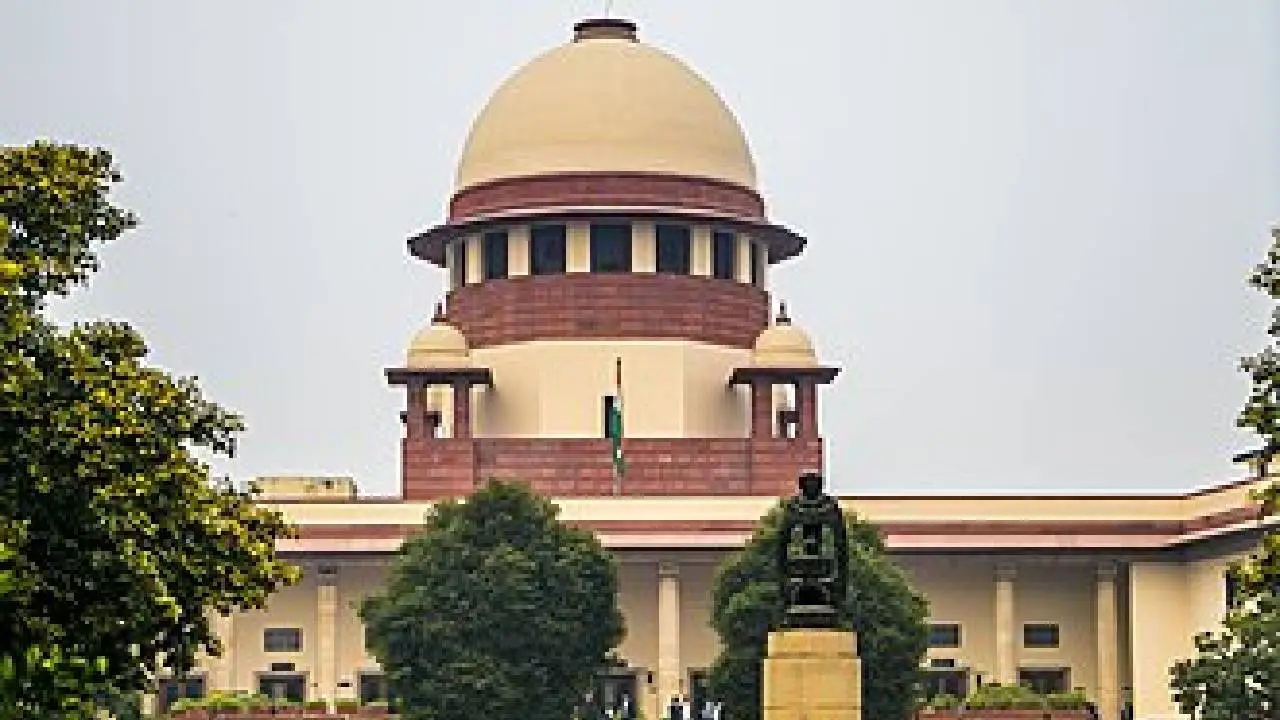
SC
New Delhi. The Supreme Court, while dismissing the petition of a Sri Lankan Tamil refugee, has monday said that India is not a country where refugees from all over the world can come and settle down. The bench headed by Justice Dipankar Dutta made this remark and said that India has a huge population of its own, which has reached over 140 crores. In such a situation, it is natural to raise the question whether India can accommodate all the refugees of the world? The Supreme Court, while dismissing this petition, said that India is not a Dharamshala where everyone can come and settle down.
This case is of a Sri Lankan Tamil refugee, who was ordered by the Madras High Court to leave the country after completing his seven-year sentence. The man was convicted in a case under UAPA and was sentenced to seven years imprisonment. He approached the Supreme Court against this order, where he called his detention illegal. The petitioner's lawyer claimed that his client had come to India on a visa and if he was sent back to Sri Lanka, his life was in danger. Despite this, the Supreme Court flatly refused to interfere in the matter.
In its verdict, Justice Dipankar Dutta stated that the right to reside in India is exclusive to Indian citizens. No outsider has a natural or legal right to settle in India. He also said that ordering the petitioner to leave India does not violate Article 21 of the Constitution. On this, the lawyer said that if his client goes back to his country, his life will be in danger. In response, Justice Dutta said that he can take refuge in any other country. The Supreme Court had earlier also rejected the petition related to Rohingya refugees. In this case too, the court had refused to give any relief.
The individual was taken into custody in 2015 due to allegations connected with LTTE. In 2018, the trial court found him guilty and sentenced him to 10 years in prison, which was later reduced to 7 years by the High CourtAfter completion of the sentence, he was also ordered to leave India. After this, he challenged it in the Supreme Court, where he also did not get relief. This decision gives an important indication on India's refugee policy that the country wants to control the number of refugees in terms of its borders and resources. The Supreme Court clearly said that India has a large population of its own and there cannot be a place for everyone here. Additionally, according to the country’s laws and constitution, the right to reside is exclusively reserved for citizens. This ruling emphasizes that India will enforce stringent regulations and policies concerning foreign refugees.





Copyright © 2026 Top Indian News
